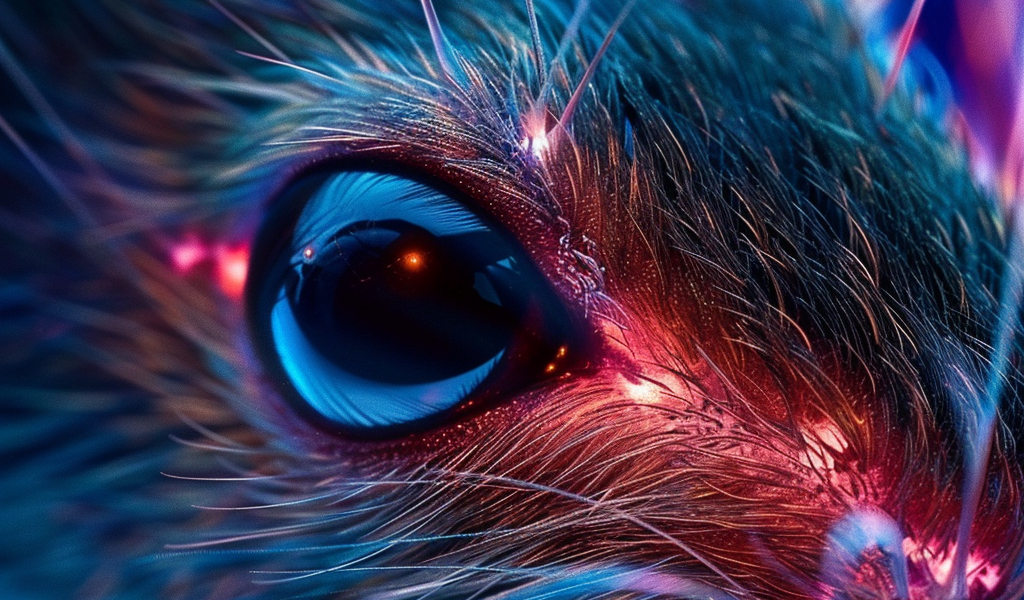The potential for restoring sight in individuals with damaged optic nerves has been brought to light through a groundbreaking study involving mice. The research, conducted by Biraj Mahato at the Children’s Hospital Los Angeles in California, has shown promising results in regenerating optic nerve cells in mice, offering hope for treating blindness caused by conditions like glaucoma.
Glaucoma, a condition characterized by damage to the optic nerve, can lead to vision impairment and eventual blindness. However, the recent study has demonstrated that it is possible to regenerate the nerve cells in the eye, potentially paving the way for innovative treatments for individuals affected by such conditions.
The findings have sparked optimism within the scientific community, with experts emphasizing the need for further research in larger animals to validate the approach’s effectiveness. While the study’s results are encouraging, additional studies are essential to ascertain the potential of this approach in treating blindness in humans.
The study’s implications extend beyond the realm of ophthalmology, offering a glimmer of hope for individuals grappling with vision impairment. As research in this area progresses, the possibility of developing effective treatments for conditions like glaucoma becomes increasingly tangible, heralding a potential breakthrough in the field of vision restoration.





